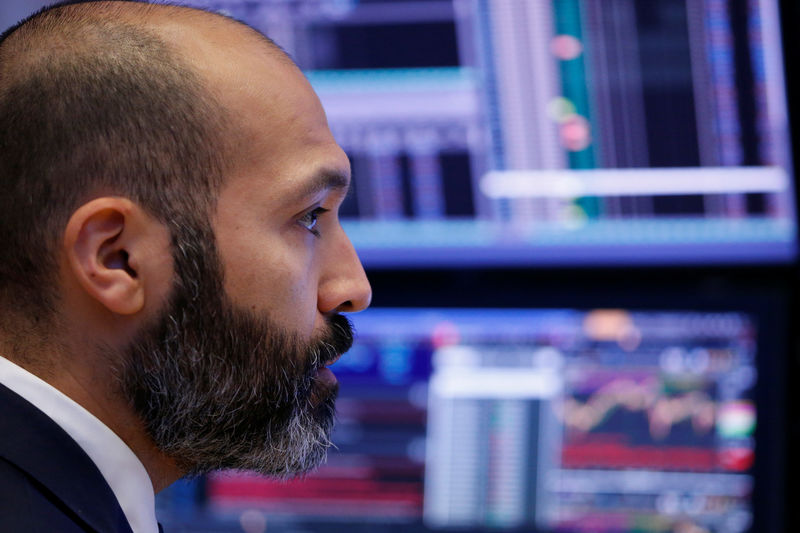Junko Fujita
TOKYO (Reuters) – The average stock price is expected to rise 4.6% by the end of the year, supported by resilient corporate prospects and a resilient global economy, according to stock market strategists polled by Reuters.
The Nikkei index is forecast to trade at 40,750 later this year, down from Tuesday’s close of 38,946.93, according to the average estimate of 16 analysts surveyed May 13-21.
Earnings have been constrained recently as local companies issued modest profit forecasts at the peak of earnings season this month.
The index has been hovering below 40,000 since early April after hitting a record intraday high of 41,087.75 on March 22.
“Many Japanese companies have made conservative full-year forecasts, but they are expected to raise their forecasts by the end of the year, which will lift the Nikkei index,” said Tomochika Kitaoka, chief equity strategist at Nomura Securities.
“And expectations of further progress on corporate governance reform will also drive share prices higher,” he said.
Share buybacks and shareholder declines caused by management changes have fueled the index’s rally. The Nikkei is up 16.4% this year after rising 28.2% in 2023.
“The U.S. economy is strong and will remain strong even if (Donald) Trump wins the presidential election,” said Yugo Tsuboi, chief equity strategist at Daiwa Securities, who expects the Nikkei to be at 43,000 by year-end.
A rebound in the global economy will help the Nikkei index reach 44,000 before falling to 40,500 later in the year, said Hikaru Yasuda, chief equity strategist at SMBC Nikko Securities.
Uncertainty over the yen’s move against the dollar also dampened Japanese stock market sentiment, but some strategists said the negative impact of a possible rise in the currency against the dollar would be limited.
The yen fell to a 34-year low of 160.245 to the dollar late last month before rising sharply as traders and analysts suspected several rounds of yen-buying interventions by Japanese authorities.
“If the yen strengthens, foreign investors may sell the Nikkei. But I expect the Nikkei to be around 40,000 at the end of this year even though the yen will rise to 142 yen per dollar because Japanese company earnings are rising,” said Masayuki Kubota, chief strategist at Rakuten Securities.
Strategists also said the Nikkei is unlikely to correct 10% or more in the next three months.
“There are some potential risks, such as the deterioration of the US economy and the chip boom, as well as tensions in the Middle East, but unless these things happen, the Nikkei is unlikely to fall below 35,000,” said Shingo Ide, the company’s chief executive. Equity Strategist at NLI Research Institute.
(More stories from Reuters’ second-quarter global stock market survey package:)


